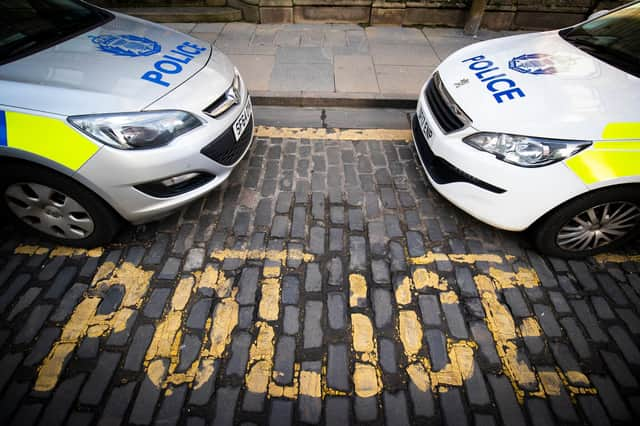Police Scotland must drive out racism from its ranks – Scotsman comment


And, despite being nearly 200 years old, it is a document that stands up well to the test of time, with its emphasis on maintaining public support, co-operation and respect, “absolutely impartial service to law” and the minimum use of physical force – in stark contrast and as an alternative to “repression by military force”.
The seventh principle exhorts officers “to maintain at all times a relationship with the public that gives reality to the historic tradition that the police are the public and that the public are the police...” However, in 21st-century Scotland, this cannot be said to be the case.
Advertisement
Hide AdAdvertisement
Hide AdFor while four per cent of the public are members of minority ethnic groups, just one per cent of police constables and officers from sergeant to Chief Constable have black, Asian and minority ethnic (BAME) backgrounds, according to information released after Freedom of Information requests by the Scottish Liberal Democrats.
The party’s justice spokesperson Liam McArthur MSP warned this “woeful” under-representation was “a problem for a whole host of reasons, not least fairness and representation. It also creates a barrier between the police and the communities they work in”.
And he pointed to a recent independent review of Police Scotland, which he said “showed that racism within these ranks is not yet a thing of the past”. The review heard evidence that “ethnic minority officers were leaving because of the culture of the police and the way they were treated” and that “it was easier for a person from a black, Asian or minority ethnic background to become a doctor than to become a sergeant in the police”.
As people who have visited countries where officers take a more Draconian view of their powers may attest, policing by consent is an important principle that we must cherish.
The vast majority of Police Scotland’s officers do a difficult and dangerous job in a highly professional manner and with the “ready exercise of courtesy and friendly good humour” of the Nine Principles.
But it is clear the force still must do more to recruit BAME officers and ensure that any remaining racists, rather than their targets, are the ones who are driven out.
